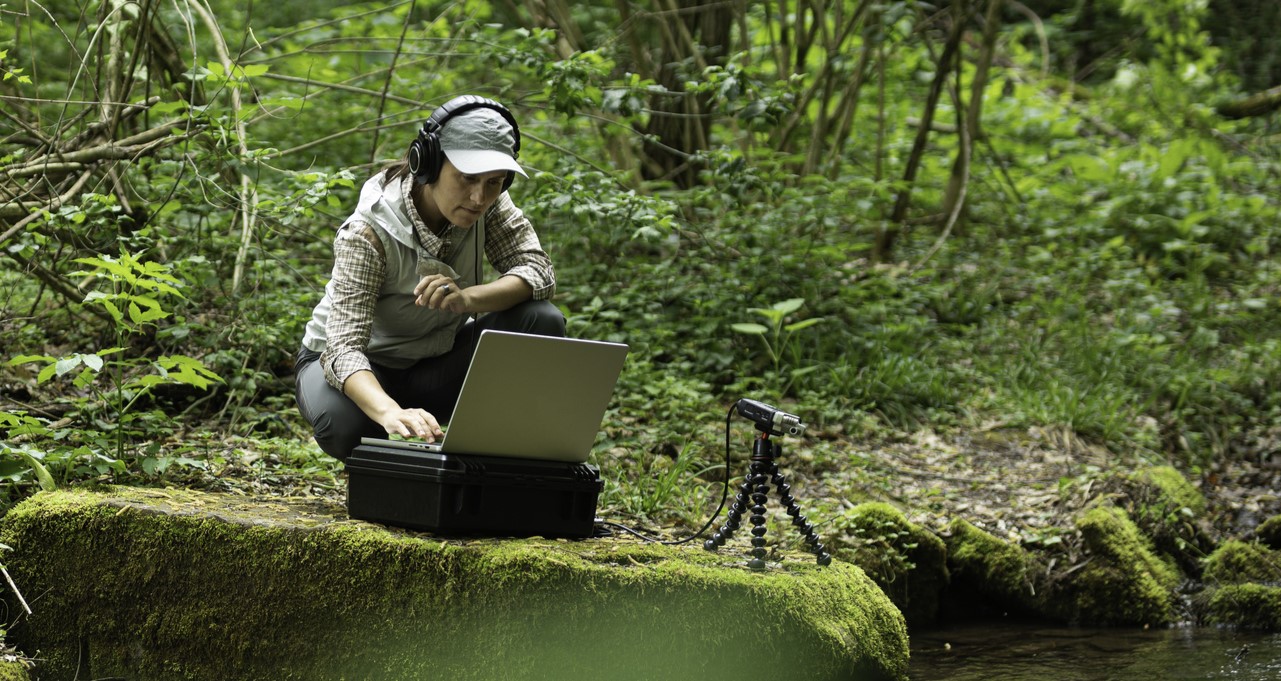
Video
A warm school in Moldova, reimagined in colour
Painting a large-scale mural at a kindergarten transformed by EBRD and E5P
19 Dec 2025
Who we are
Overview: about the EBRDWho we are
Overview: about the EBRD
Learn about the EBRD's journey to investing more than €210 billion in over 7,500 projects.
What we do
Overview: how the EBRD operatesWhat we do
Overview: how the EBRD operates
Through projects, business services and involvement in high-level policy reform, we're doing more than ever before.
Work with us
Overview: how you can work with the EBRDWork with us
Overview: how you can work with the EBRD
We draw on three decades of regional knowledge and financial expertise to tailor our products and approaches to each client's needs.
At the EBRD, sustainability is at the heart of everything we do
Environmentally sound and sustainable development is central to our mandate. We promote it throughout our activities as a core element of our work.
A clearly defined set of standards governs all our work as we strive to build a healthy investment climate and promote environmentally and socially sound and sustainable development.
Equal access to economic opportunity is essential for sustainable market development.
Sustainability is a big part of what we do – and we help our clients make it a big part of what they do too. The annual EBRD Sustainability Awards celebrate the achievements of our clients in promoting environmental and social responsibility. For over 15 years we have been proud to recognise those who demonstrate excellence and commitment in managing environmental and social issues, promoting energy efficiency, combating climate change and advancing inclusion.
The Sustainability Awards recognise achievements in six categories: sustainable energy, climate resilience, environmental and social best practice, environmental and social innovation, gender and economic inclusion, and financial intermediaries.
The EBRD's Environmental and Social Advisory Council (ESAC) was created shortly after the Bank was founded in 1991. It is an independent body of environmental specialists who advise the Bank on environmental issues such as policy, international standards, technical development, emerging trends and future opportunities.
ESAC members are appointed for three year periods, and are selected based on professional expertise as well as their potential to contribute to the development of the EBRD’s policies and programmes. They represent a wide spectrum of interests including non-governmental organisations, the private sector, and academic and research institutions.
ESAC members and EBRD staff maintain regular contact between meetings, which are normally held twice a year.

Video
Painting a large-scale mural at a kindergarten transformed by EBRD and E5P
19 Dec 2025

News
The latest episode of the EBRD’s podcast Nature Unheard examines one of the most overlooked challenges in global conservation: digital inequality.
27 Nov 2025

News
Proposed flagship green strategy aims to deliver competitiveness and resilience
21 Nov 2025
Cookie consent
Cookies are pieces of code used to track website usage and give audiences the best possible experience. Use the buttons to confirm whether you agree with default cookie settings when using ebrd.com.
These cookies cannot be disabled. They are essential for core functionality in ebrd.com to ensure a seamless and secure experience.
We use Adobe Analytics cookies to measure usage of the website in order to improve it and respond to end user actions. We review anonymised data on how people reach the site, where they click and so forth. Learn more here about specifics of our cookie use.
We use Adobe marketing cookies to enable us to customise ebrd.com to tailor the website and email marketing services based on the interests of each end user.
